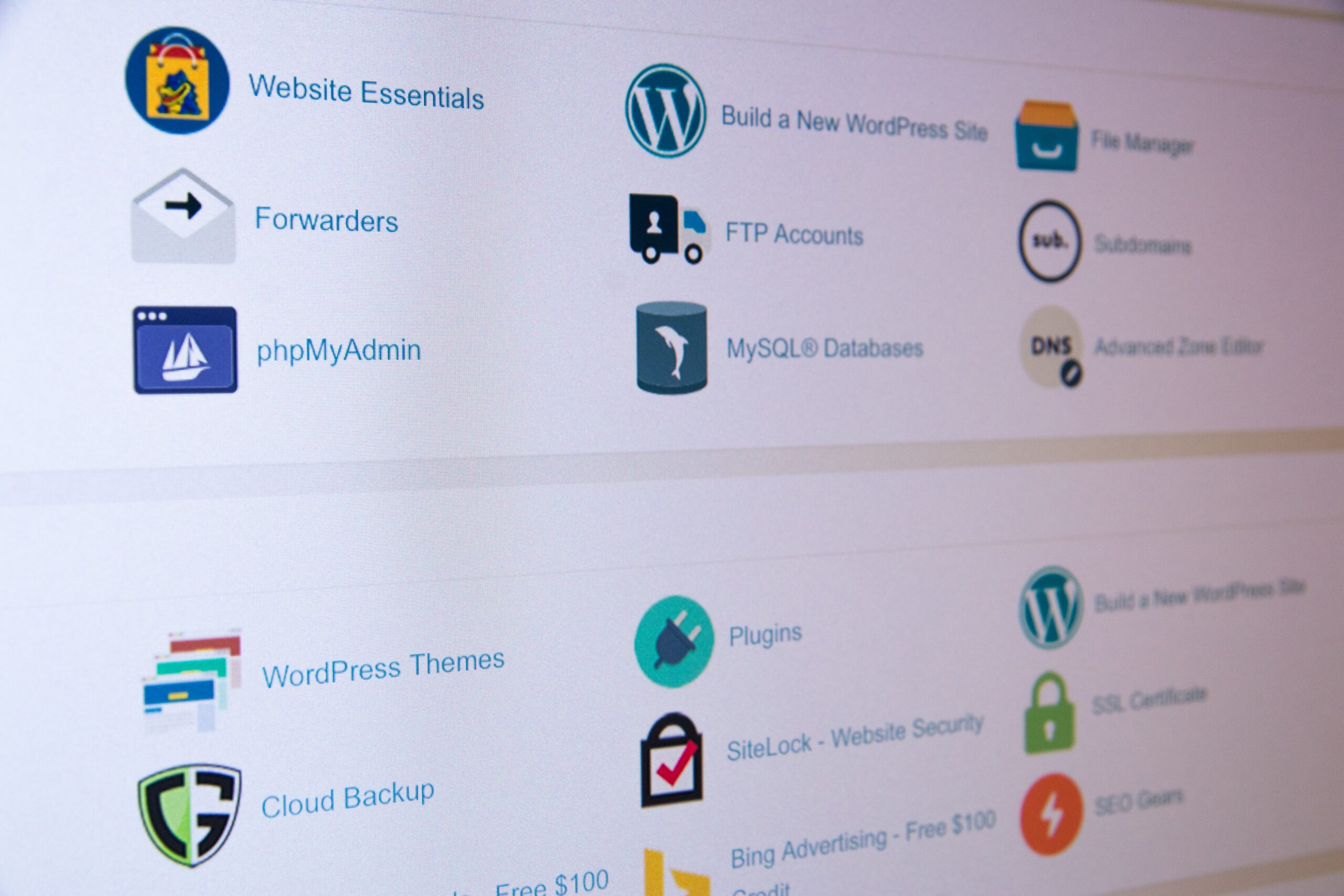Understanding Hosting and Domain: Everything You Need to Know
When it comes to building a website, two terms you’ll often come across are hosting and domain. These are essential components that play a crucial role in getting your website up and running. In this article, we’ll explain what hosting and domain are and why they are important for your website.
What is Hosting?
Hosting is the process of storing and serving your website’s files and data on a server. Think of it as renting space on the internet to store your website. When someone types your website’s URL into their browser, the hosting server delivers the files and content of your website to their device, allowing them to see your website.
There are different types of hosting available, including shared hosting, VPS hosting, and dedicated hosting. Shared hosting is the most common and affordable option, where multiple websites share resources on a single server. VPS hosting provides more resources and control, while dedicated hosting offers an entire server dedicated solely to your website.
What is a Domain?
A domain is the unique address that people type into their browser to access your website. It is your website’s online identity. For example, Google’s domain is google.com. A domain consists of two parts: the domain name and the domain extension. The domain name is the personalized part that represents your brand or business, while the domain extension indicates the type of website (.com, .net, .org, etc.).
Choosing the right domain name is crucial as it impacts your brand’s visibility and memorability. It’s important to select a domain name that is relevant, easy to remember, and represents your brand effectively.
Why are Hosting and Domain Important?
Hosting and domain are essential for several reasons:
- Website Accessibility: Without hosting, your website would not be accessible to anyone on the internet. Hosting ensures that your website is available 24/7, allowing visitors to access it at any time.
- Website Speed and Performance: The quality of hosting directly affects your website’s speed and performance. A reliable hosting provider ensures fast loading times, which is crucial for user experience and search engine rankings.
- Professionalism: Having your own domain name (e.g., yourbusiness.com) adds a level of professionalism to your website. It gives your brand credibility and makes it easier for visitors to find and remember your website.
- Email Address: With your own domain, you can create personalized email addresses (e.g., info@yourbusiness.com) that align with your brand. This enhances professionalism and trustworthiness.
Choosing the Right Hosting and Domain
When selecting a hosting provider, consider factors such as reliability, speed, security, customer support, and scalability. It’s important to choose a hosting plan that aligns with your website’s needs and growth potential.
For domains, it’s advisable to choose a domain name that reflects your brand, is easy to remember, and has a suitable domain extension. You can register a domain through various domain registrars or through your hosting provider.
In conclusion, hosting and domain are integral parts of building a website. Hosting ensures that your website is accessible and performs well, while a domain gives your website its unique online identity. By understanding these concepts and making informed choices, you can set up a successful online presence for your brand or business.
